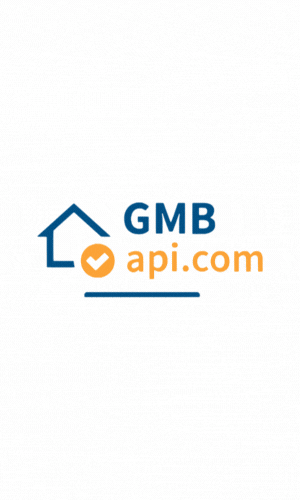Hi - and great question about Synup, and I just wanted to share my thoughts quickly.
In general, I group Synup, Yext, and Moz Local all in the same category --- API driven citation distribution and listing management.
As such, I do not recommend them for a couple of reasons:
1 - API distribution means that content is being automatically published... and as I'm sure you know, Google does not favor content that's auto-generated and auto-published.
Let me explain quickly what I mean by / how API's are auto publishing content.
The API is the platform's connection to the partner sites. For example, Yext has a network of partners that they distribute your business info to... like Baidu Maps, 8coupons, ABLocal, etc... the API connection to these partner sites is how the Yext platform auto-publishes your business info on these partner network sites.
The content that's being auto-generation / auto-published is your citation or business information.
Again, Google does not look favorably on any platform that auto generates / auto publishes content.
2 - The indexation rate is extremely low, which means only small percentage of your citations ever get crawled and indexed by Google.
We recently did a study on the indexation rate for one of our client's that was using Yext.
According to our research, less than 20% of the total published citations from the Yext network were actually indexed in Google.
To put it simply, if Google doesn't crawl and index your citation / profile on a partner site, then it's as if that citation doesn't exist.
Google has to crawl and index the citation in order for that citation to deliver any
location authority back to your business listing.
3 - As you mentioned in your question... these API platforms are notorious for deleting your listing if / when you cancel.
To be fair, these API platforms aren't actually deleting your listing -- they are just cutting off their API connection which means you are no longer being fed to the network partner site (but we can just call it being deleted for simplicity sake).
I hope this reply is helpful -- let me know if you have any questions on any of the above.
Thank you again




